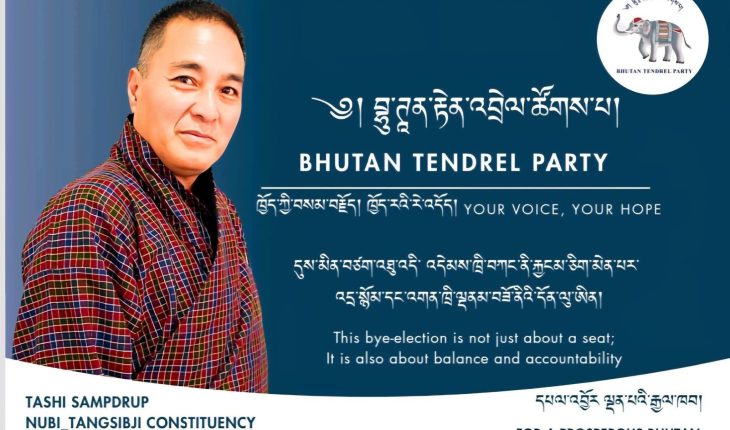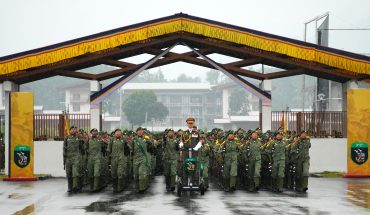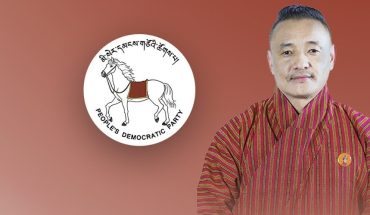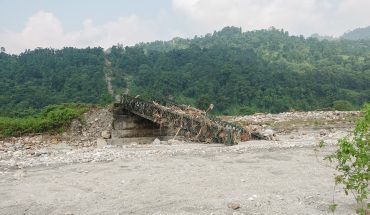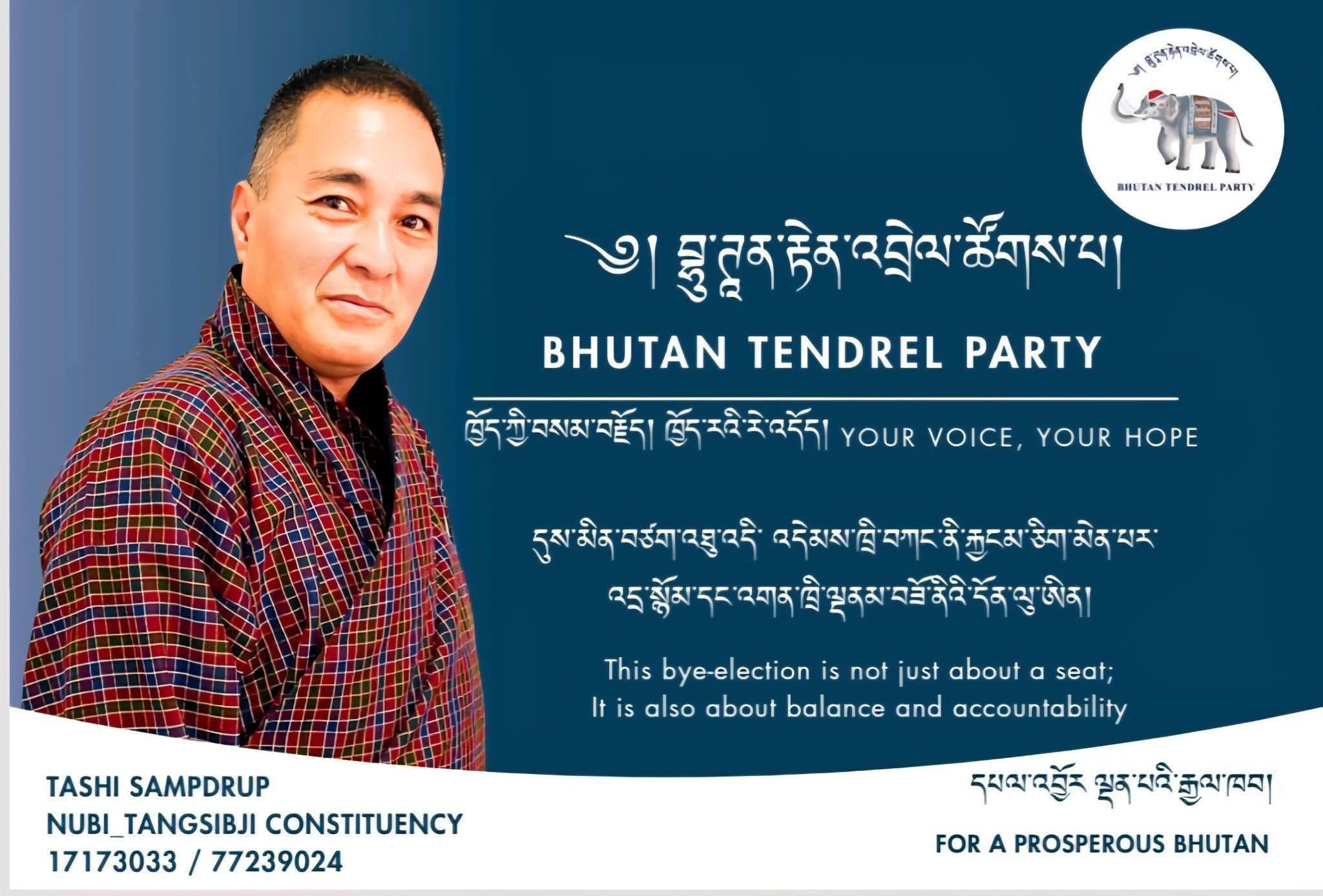
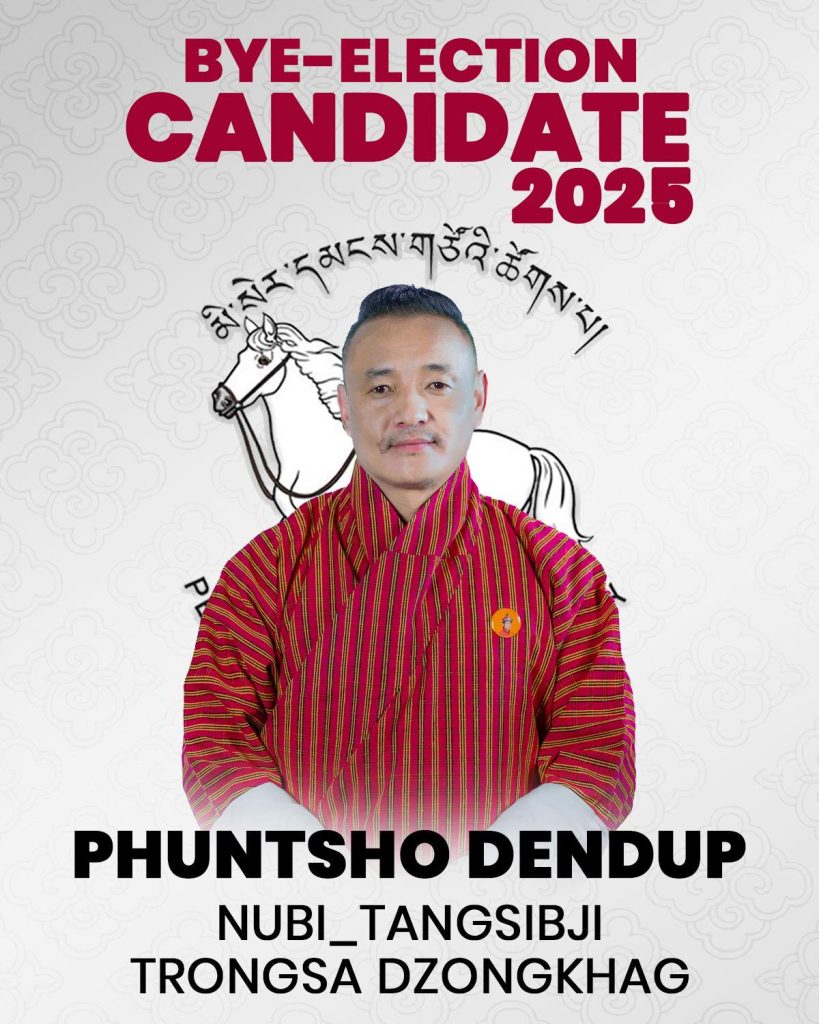
TIL BDR GHALLEY
Thimphu
Voters in Trongsa’s Nubi-Tangsibji constituency will elect a new Member of Parliament on September 4, 2025, following the voluntary resignation of former MP Tashi Dorji, who stepped down after his conviction for child molestation. The bye-election features two candidates—53-year-old Tashi Samdrup of the Bhutan Tendrel Party (BTP) and 38-year-old Phuntsho Dendup of the People’s Democratic Party (PDP)—each seeking to serve the remaining three years of the National Assembly term.
During a live public debate, both candidates highlighted rural road development as a priority. Phuntsho Dendup said, “We will carry out base course works and stone soling for all farm roads, blacktop farm roads connecting larger chiwogs, and resurface and maintain all gewog centre roads.” Tashi Samdrup made similar pledges, stating he would “improve farm road maintenance, complete base course works in every chiwog, and blacktop gewog centre roads.”
Both candidates acknowledged that the 13th Five-Year Plan has already been finalized, with block grants and Small Development Programme budgets allocated for dzongkhags and gewogs. Tashi Samdrup said, “Whoever is elected should implement the plan as approved.” Phuntsho Dendup added, “The budget will be utilised from the supplementary budget,” noting that the government could still prioritize new initiatives within the plan.
The debate also addressed the differences between ruling party and opposition candidates. Phuntsho Dendup argued that being in the ruling party provides a stronger position to deliver development pledges. Tashi Samdrup, however, said, “It is not just about filling a seat in Parliament but about ensuring a strong opposition to hold the government accountable and oversee the responsible implementation of the 13th Plan.”
Tashi Samdrup described the unique nature of this bye-election, which comes after the 13th Plan and national budget have been finalised. “My main focus is the effective implementation of the 13th Five-Year Plan. Similarly, block grants and small development programs for dzongkhag and gewogs are all finalised. Project-tied assistance are all national-level projects. What is important now is to ensure the smooth implementation of the 13th Five-Year Plan,” he said.
He added that the opposition’s role is to ensure resources are allocated in “a fair, equitable, transparent and accountable manner” while securing Nubi-Tangsibji’s fair share of development. “We will have just three years left to serve the people after this bye-election. In a time like this, we don’t need a quiet follower in the Parliament. You need a strong representative who has experience making laws and understands the nuances of reviewing policy. I have served for five years as a people’s representative in the National Council, and during my term, I didn’t wait for instructions. I have never sat silently. I have always spoken for the people and I will continue to do that if elected,” he added.
Tashi Samdrup emphasized that being in opposition does not mean opposing all government initiatives. “You have seen me work and you have heard me speak. And now, I humbly ask for your vote—not because I promise more, but because I have delivered before,” he said. He holds a BSc in Environmental Management from Van Hall Institute, Wageningen University (Netherlands), and an MSc in Mountain Forestry from BOKU University, Vienna (Austria). From 2018 to 2023, he served as a member of the National Council, chairing the Foreign Relations Committee and the Natural Resources and Environment Committee. Prior to that, he worked as a national consultant on World Bank-supported projects under the Ministry of Agriculture and Forests and with the FAO’s Social Forestry Division.
Phuntsho Dendup’s campaign centres on improving rural roads, connectivity, livelihoods, and essential services. “Agriculture will be supported through better market access, a potential food processing plant, farm shops, and measures to reduce human–wildlife conflict. Basic services will be enhanced with safe drinking water for all chiwogs, electrification of certain paddy fields, and new irrigation channels,” he said.
In healthcare and social welfare, Dendup pledged monthly mobile medical visits, door-to-door screenings prioritising seniors and people with disabilities, increased rural life insurance, and family support for a third child. He also proposed establishing or upgrading schools based on need, subsidised loans for first-time homeowners, leasing government land to the landless, supporting religious infrastructure, and ensuring every gewog has a functional pool vehicle. “Roads are the most important priority so I am pledging to make them pliable in both winter and summer,” he said.
Phuntsho Dendup holds a BBA (Finance) from Gaeddu College of Business Studies and brings over a decade of financial and business experience. He served as Branch Manager of Bhutan Development Bank Limited in Trongsa, promoting rural finance and supporting local economic activities. He later became an entrepreneur, creating jobs and supporting local livelihoods, and contested the 2018 parliamentary elections under PDP.
Nubi-Tangsibji has a history of close races. In the 2023–24 general election, BTP’s Tashi Dorji won the seat with 1,629 votes (54%), while PDP’s Phuntsho Dendup secured 1,373 votes (46%).
Both candidates have pledged immediate improvements in infrastructure, social services, and local livelihoods within the remaining term. The September 4 vote will mark Bhutan’s seventh parliamentary bye-election, offering voters in Nubi-Tangsibji the chance to select a representative with experience in governance, policy oversight, and community development.

